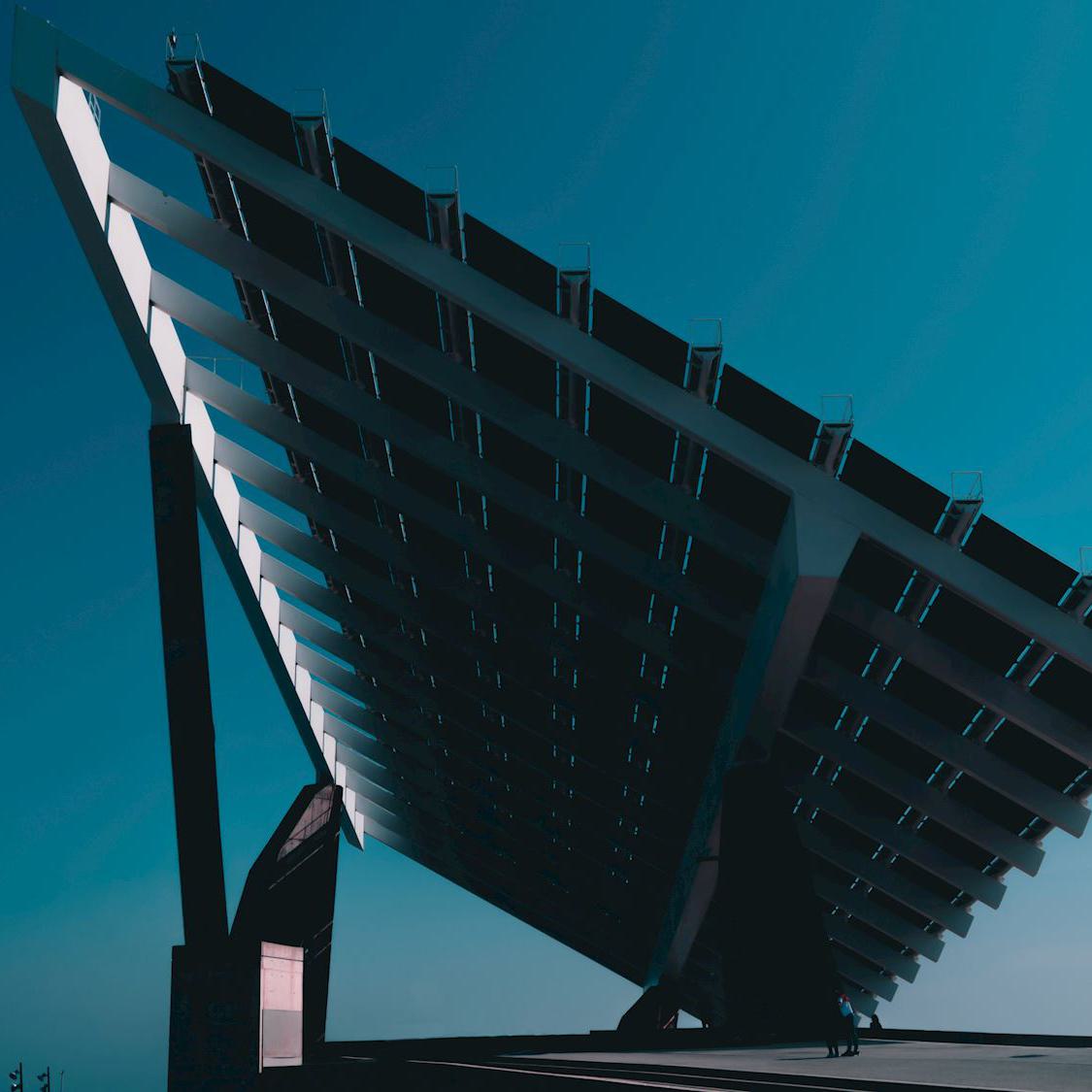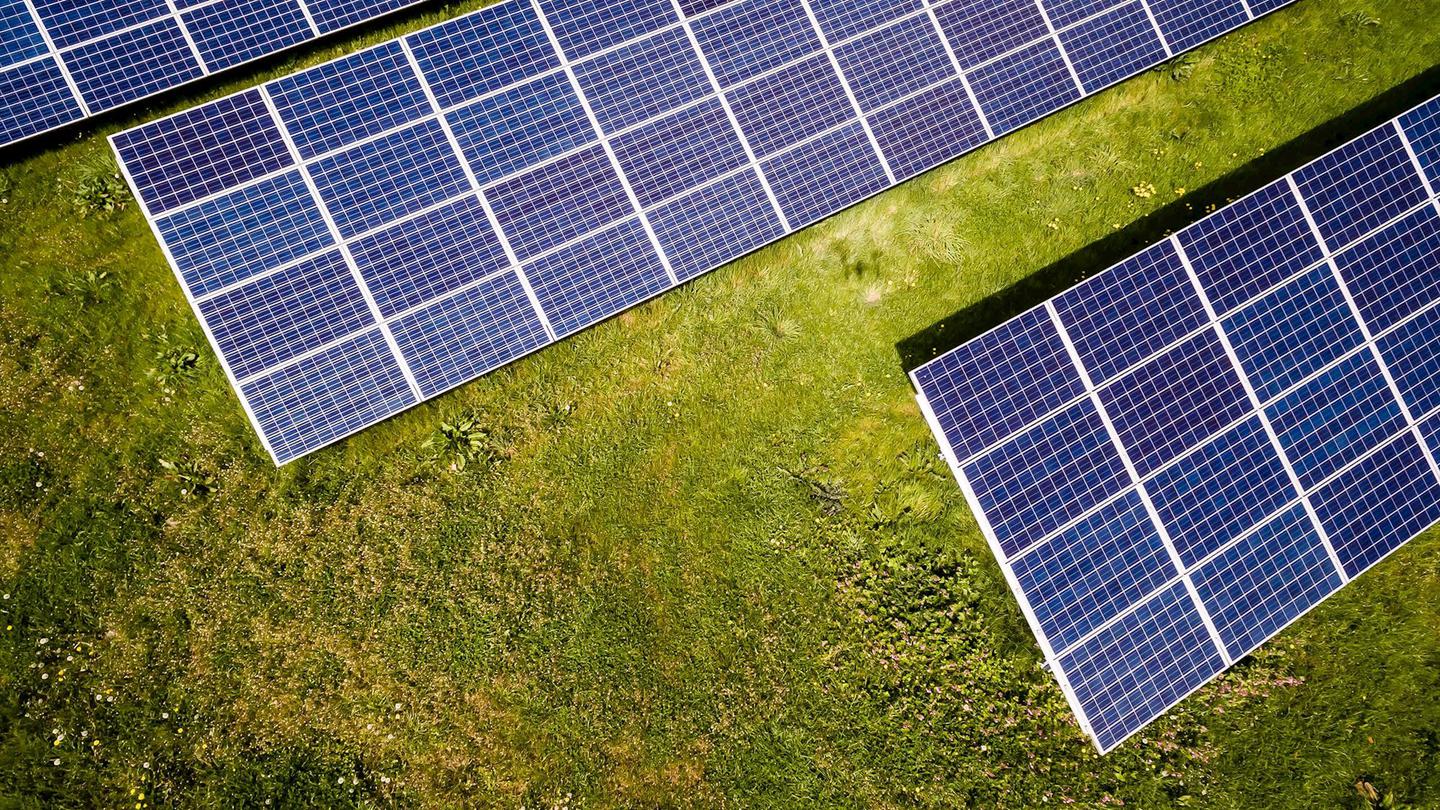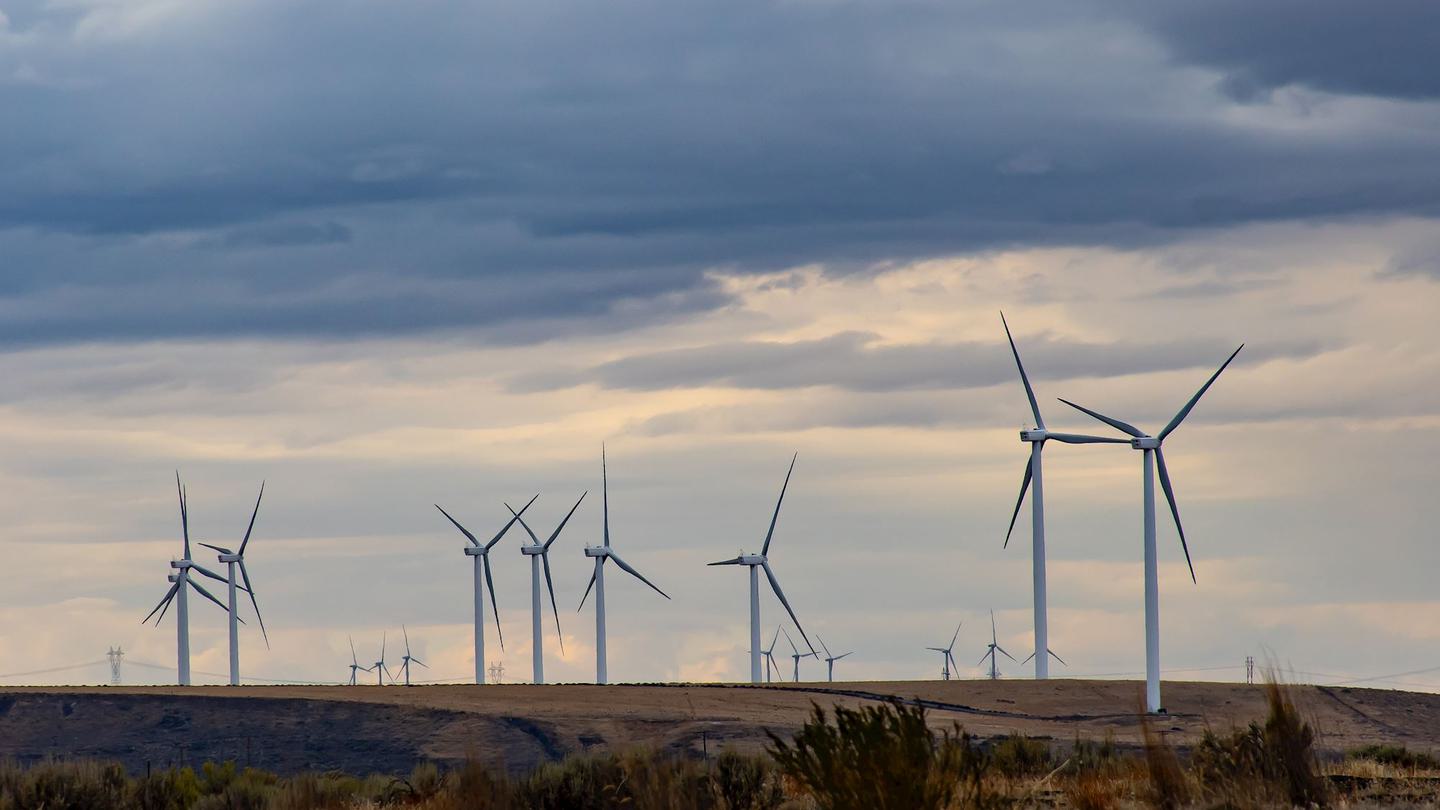In recent months, the pandemic has put real strain on the global economy, triggering a financial crisis that experts believe could be worse than that of 2008. The current health emergency has also had an impact on the energy sector: in most of the economies that have taken strong containment measures in response to the coronavirus, electricity demand has decreased by several percentage points, largely due to the closure of factories and businesses. However, global oil and gas markets now also face an unprecedented situation: demand has collapsed due to the impact of COVID-19 on a supply which has remained almost unchanged, leading to historically low prices. This scenario once more reveals the importance of renewable energy sources which, according to the International Renewable Energy Agency (IRENA), will be a starting point and a fundamental help in overcoming the coming economic crisis.

The latest IRENA report claims that accelerating investment in the green sector could stimulate recovery and global GDP: a response to the health crisis and the climate emergency.

The Global Renewables Outlook 2020 is clear: in order to fuel economic recovery and stimulate global GDP the solution lies in green sector investment, which could generate huge economic benefits while also positively contributing to the global climate emergency. Significant investment in renewable energy will cut global carbon dioxide emissions by at least 70% (to zero emissions) by 2050, in addition to a 2.4% increase in global GDP and the creation of 42 million jobs.
According to the IRENA report, every dollar spent on energy transition has a return of between three and eight dollars, so investments in renewable energy sources are an opportunity to not only abandon coal and try to fulfil the climate targets laid down by the Paris Agreement in 2015, but also support the increasingly urgent recovery of the global economy.
“Governments are facing a difficult task of bringing the health emergency under control while introducing major stimulus and recovery measures”, said Francesco La Camera, Director General of IRENA. “By accelerating renewables and making the energy transition an integral part of the wider recovery plan, governments can foster a more prosperous, stable and inclusive future”.
The analysis outlines an energy transformation scenario that can be strengthened with a view to profound decarbonisation and explains that significant investments (around 110 billion) would produce savings eight times greater than the costs, bearing in mind the negative impact of fossil fuels on health and the environment. Despite this critical moment, it is therefore essential not to lose sight of the energy transition’s greatest challenge: a Global Green New Deal could now lead to the necessary acceleration that has been so difficult to put in place thus far. According to Fatih Birol, Executive Director of the International Energy Agency (IEA), “we must not allow the current crisis to compromise the transition to clean energy. This is an important window of opportunity”.

31 European associations representing the renewable energy and energy efficiency value chains recently highlighted the importance of the issue, sending a letter to Europe’s political leaders calling for the Green New Deal to be placed at the heart of European and national plans for economic recovery once the health emergency is over.
Fabio Genoese, Head of Strategy at Terna, operator of the Italian electricity transmission grid, shares this view: “In order for life to get going again, investments in green energy will be fundamental, also for the transport and construction sectors, where much can be done for the energy transition through electrification of consumption: with every electric vehicle and every electric heat pump, we reduce energy consumption thanks to the superior efficiency of the electricity system. This, along with investments in grid infrastructure, could be an important support in this period of international crisis. The recovery in GDP will certainly be stimulated by investments in the energy transition, and we will be able to help the environment at the same time. In order to achieve the goals of the Paris Agreement, we need to act now, focusing on green technologies already in this phase of our recovery”.
In any case, Terna is ready, both for the management of phase 2 and for the future. We have reached new highs in terms of RES, which in April covered 47% of the monthly electricity demand. “It has felt like a flash forward to 2030, where these will no longer be considered exceptional circumstances”, explains Genoese, “and this is a good sign, one that can help us understand how to behave when situations like this become the new normal. Was this a test for the future? It was, but to reach 2030 safely, further measures will be necessary, such as grid development, storage systems, flexible generating capacity and finally full participation of all resources in the services market".